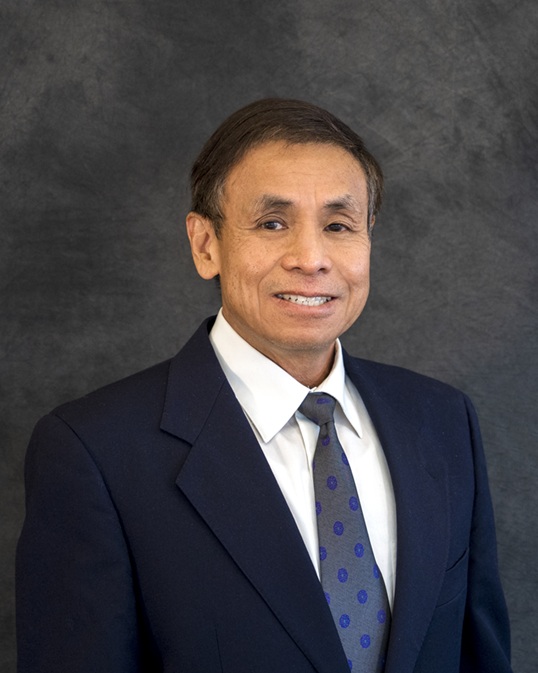Charles Wood
cwoo12@lsuhsc.edu
Cancer Crusader Chair Professor
Associate Director of Basic Science, LSU LCMC Health Cancer Center
Dr. Charles Wood is a Professor in the Department of Interdisciplinary Oncology, the Cancer Crusaders Chair and Associate Director of Basic Science for the LSU LCMC Health Cancer Center in New Orleans. Wood received his PhD degree in Microbiology from Columbia University and has been a faculty at the University of Kansas, University of Miami, as well as at the University of Nebraska. His research focuses on the human immunodeficiency virus (HIV) and Kaposi’s sarcoma associated herpesvirus. His significant administrative experiences include serving as director of Nebraska Center for Virology when he was in Nebraska and the PI and Co-I of several multi-center and multi-national projects.
Research Experience:
Acquired immune deficiency syndrome (AIDS) is a devastating disease that is caused by a retrovirus known as the human immunodeficiency virus (HIV). Infected individuals are not only immunosuppressed but also frequently develop malignancies, such as lymphomas and Kaposi’s sarcoma (KS). One of laboratory’s largest ongoing collaborative research projects – which has been ongoing for the past 25 years – involves multiple U.S. research institutions and the University of Zambia, School of Medicine to study HIV/AIDS, and Kaposi’s sarcoma associated human herpesvirus (KSHV) transmission, disease pathogenesis, treatment, and prevention. More recently the study on HIV and KS has been expanded to Tanzania. Dr. Wood has built research laboratories and research teams in these two African countries to conduct HIV and related malignancies research and has frequent exchanges of students and fellows with these two study sites.
The laboratory focuses on HIV and human herpesvirus, and the roles these viruses play in immunosuppression and cancer development. One of the ongoing projects is to study the transmission and evolution of HIV and KSHV, a virus linked to Kaposi's Sarcoma, a rare cancer often found in AIDS patients. This project is being carried out in Africa where infection by both HIV and KSHV is at the epidemic level. Our goal is to understand how these viruses regulate gene expression, replicate, transmit, and cause diseases. This will lead to knowledge that can help in the development of strategies to prevent infection and disease development.
One of the laboratory’s findings is that there is a high prevalence of HIV infection in Zambia’s normal female population and 40% of the population are infected by KSHV. Therefore, the implications for disease development and transmission of both HIV and KSHV to babies are enormous. Given this high incidence of infection, the Wood lab has found that vertical transmission can occur but the frequency is low. Most of the transmission occur post-delivery during early childhood, the source of transmission is via saliva contact from both within and outside the household, and HIV is a major co-factor for transmission. The lab has recently found that the central nervous system (CNS) is a site of latency for KSHV, and neuronal cells in patients can be infected. Ongoing studies now focus on the effect of KSHV on the CNS, and its effects on HIV neuropathogenesis.
Currently the laboratory is studying factors that contribute to the development of KS in KSHV infected individuals as well as their immune response against KSHV, and whether there are any differences between patients with HIV associated epidemic KS versus those with endemic KS without HIV. The approaches being taken are to analyze both the innate and cell mediated immune response, the tumor microenvironment, as well as tumor transcriptome analysis spatial genomics of the two types of KS to identify biomarkers or alternation in both viral and cellular genes that could lead to KS.
Bibliography
http://www.ncbi.nlm.nih.gov/sites/myncbi/charles.wood.1/bibliography/41142988/public/?sort=date&direction=a scending

